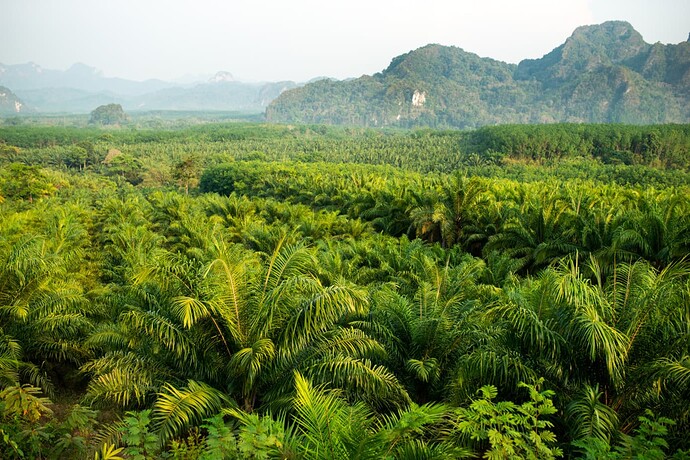In 2023, tropical forest conservation saw a positive shift as deforestation rates slowed, particularly in Brazil and Colombia where significant reductions in primary forest loss were noted. Brazil achieved a significant 36% reduction in tropical forest loss, the lowest since 2015, and Colombia cut its forest loss by half compared to the prior year. These advancements, as reported by the University of Maryland’s GLAD Lab and the World Resource Institute’s Global Forest Watch, underscore the potential impact of robust political leadership and environmental policies on forest conservation.
Despite this progress, the broader picture of tropical forest conservation remains a concern. The year 2023 witnessed the loss of 3.7 million hectares of primary tropical forest, an area nearly the size of Bhutan. This loss, equivalent to the disappearance of 10 football fields of tropical forest every minute, highlights the ongoing challenge of global deforestation. While Brazil and Colombia’s efforts are commendable, increased forest loss in other tropical regions, including Bolivia, Laos, and Nicaragua, counteracts these gains.
The mixed outcomes of 2023 in tropical forest conservation emphasize the urgent need for global action. While Brazil and Colombia’s achievements offer hope and a blueprint for success, the persistent high rates of tropical forest loss worldwide signal the considerable work that lies ahead. The fight against deforestation is crucial for combating climate change, preserving biodiversity, and supporting the livelihoods dependent on these critical ecosystems.
